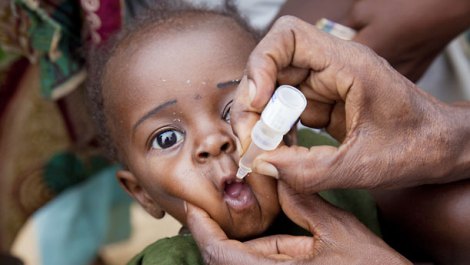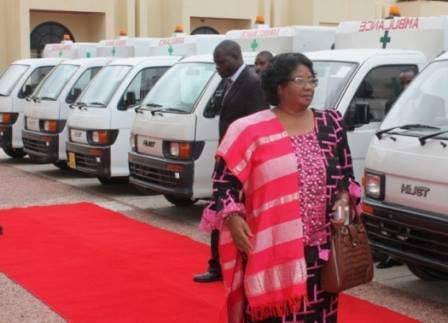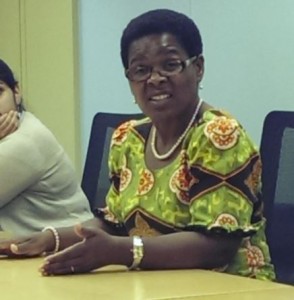There is worldwide agreement that a concerted effort is required to ensure children in under-developed regions, survive and thrive. Progress on child survival in Sub-Saharan Africa has been patchy, but Malawi is an example of how a poor country can meet global goals. Political leadership is vital, but NGOs, such as Women and Children First and its partners in Malawi can make an important contribution.
The Millennium Development Goals
The eight Millennium Development Goals (MDGs) were agreed by world leaders in the year 2000. Each of these goals helps to improve children’s lives, particularly through better health and education.
MDG 4 aims specifically to reduce the number of children who die before their fifth birthday. Using 1990 rates as a starting point, MDG 4 aims to cut deaths by two-thirds by the end of 2015. There has been progress towards this goal but more than 6 million under-fives still die each year, mostly from preventable causes. That’s 17,000 deaths daily. Newborn babies comprise the majority of these deaths.
Success in Malawi
The greatest number of under-fives deaths occur in Sub-Saharan Africa which suffers 15 times the average number of deaths compared to developed regions.
Malawi is one of the few countries in the region to have already reached the MDG 4 target. It has achieved a 72% reduction in under-fives deaths – a fantastic achievement in a very poor country.
So how has Malawi achieved this when neighbouring countries such as Zambia and Mozambique have not done so well?
Firstly, political will and leadership have been really important in setting the context for improvement at the highest levels. Government policies for maternal and child health have ensured a positive environment for change.
Secondly, practical, low-cost interventions in health centres and in the community have helped considerably. The creation of Health Surveillance Assistants – a network of government employed health workers with basic skills – who live and work in the community have been responsible for delivering a broad range of services such as immunisation, giving health advice to mothers and treatment for diseases such as pneumonia, diarrhoea and malaria. Ensuring children sleep under a mosquito net to protect them from malaria and encouraging mothers to breastfeed have also been promoted strongly and helped make a real difference.
Innovative ideas make a difference
Kangaroo care is a great example of a low-cost innovative idea which has been widely adopted. Basic equipment is often not available in Malawi’s health centres and incubators are in very short supply. Kangaroo care, where mothers cradle their infants skin-to-skin, helps keep premature babies warm and promotes bonding between mother and child. This simple intervention can dramatically reduce the risk of hospital infections and hypothermia and encourage breastfeeding.
#Commit2Deliver for children in Africa
As a partner to Every Woman Every Child, Women & Children First is working with on-the-ground organisations in Africa to improve childhood survival. We want to see governments and world leaders #Commit2Deliver to mobilize and intensify global action through mobilizing communities using far-reaching cost-effective community-based interventions to improve the health of children in Africa, and around the world.







No comments! Be the first commenter?